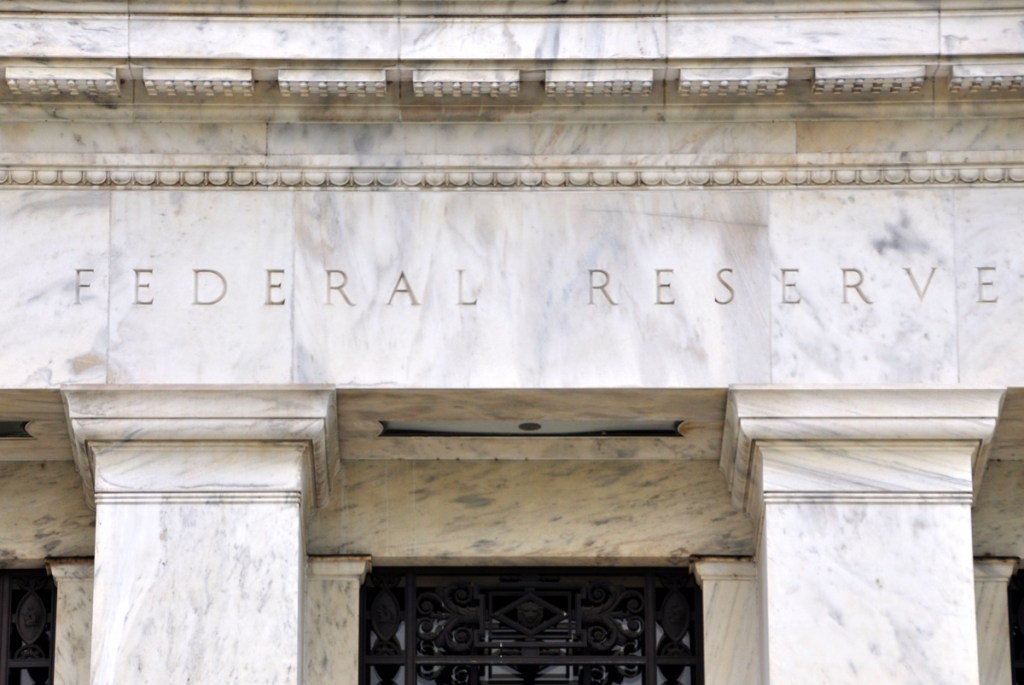The Federal Open Market Committee left future economic policies virtually unchanged at its Wednesday meeting, indicating it has not made any near-term plans to taper its asset purchases of Treasury– and mortgage-backed securities (MBS).
The FOMC did alter April’s verbiage of the nation’s larger economic status given positive progress on vaccine distribution, employment and inflation. The committee updated its post-meeting statement to acknowledge that economic activity had “strengthened” while noting a drop in their risk assessment. They reported “risks to the economic outlook remain” rather than the “considerable risks” language used in the March statement.
Within the first week of April, the Bureau of Labor Statistics reported that the market added 916,000 nonfarm payrolls in March, the fastest pace of growth since August. The Fed also mentioned that inflation has in fact “risen” but attributed the higher readings to “transitory factors.”
Overall, while March posted hopeful signs of a recovering economy, Fed Chairman Jerome Powell said it will take a string of good months before the Fed chooses to roll back any monetary policies.
“We don’t have to get all the way to our goals to taper asset purchases, but we need to make substantial further progress,” Powell said in a FOMC press conference.
Currently, the Federal Reserve Bank of New York, which executes market orders for the central bank, is buying about $80 billion in Treasuries and about $40 billion of mortgage-backed securities a month. The Fed’s presence in the bond markets, an emergency measure to support the economy during the COVID-19 pandemic, helped to keep credit flowing and put downward pressure on mortgage rates.
For now, the Fed noted the health of the mortgage and housing industry, with Powell citing it as the “strongest housing market that we have seen since the global financial crisis.”
“I would say that before the pandemic, it was a very different housing market than it was before 2008,” Powell said. “So we don’t have that risk of a housing bubble where people are overleveraged and owning a lot of houses.”
Powell did acknowledge that the Fed has been monitoring the rising home prices borrowers are experiencing as limited inventory puts upward pressure on affordability and demand. The National Association of Homebuilders reported on Wednesday that due to lumber prices tripling in the last 12 months, the average price of a single-family home increased by nearly $36,000 — an impressive spike that has taken a toll on first-time homebuyers, Powell noted.
“It’s part of a strong economy that there are people that have money to spend and want to invest in housing, but my hope would be, over time, housing builders can react to this demand and come up with more supply,” Powell said.
Despite housing’s consistent recognition from the Fed as one of the strongest markets in the pandemic, Powell reiterated that it began buying MBS as the market was originally experiencing severe dysfunction. Now, a year later, the Fed noted that its MBS purchases were not meant to provide “direct” assistance to the housing market, but rather keep it level with the Treasury market. Though, eventually, the Fed will bring asset purchases back down to zero when the time is appropriate.
What the Fed said it will avoid is another “taper tantrum” like that of 2013 when former Fed Chairman Ben Bernanke announced that the Fed would be reducing the pace of its purchases of Treasury bonds to reduce the amount of money it was feeding into the economy.
Bond yields immediately jumped, giving birth to the phrase, “Taper Tantrum,” though Powell said history will not likely repeat itself this time around.
“So many of the financial crack-ups in all countries, all Western countries, that have happened in the last 30 years have been around housing, and we really don’t see that here,” said Powell.





